Introduction
Institutions are always looking for ways to improve language acquisition, cultural interaction, and academic assistance for various student groups in the worldwide intellectual scene. One phrase that has lately drawn interest is UG AELC. Though initially vague, it most likely relates to the University of Ghana’s Academic Enhancement and Language Centre (AELC) or another similarly called academic entity.
This paper investigates what UG AELC may provide, its goals, services, and how it helps students in reaching academic achievement by means of language instruction and development of communication skills.

For what is UG AELC standing?
Usually referring to one of Africa’s top universities, UG stands for University of Ghana. AELC probably stands for Academic Enhancement and Language Centre, a facility usually committed to: Improving research ability and academic writing Providing language tests and lessons. Assisting pupils with communication skills Encouraging scholarly preparedness and intercultural competency
The Function of Language in Higher Education
Higher education depends much on language institutes like AELC by: Helping local and overseas students with academic English Providing language courses (such as French, Chinese, Spanish, Arabic) Workshops on Academic Writing, referencing styles, and research methods Supporting teachers with curriculum development and evaluation instruments
These centers assist close the gap between advanced communication abilities needed at the university level and high school language training.
Principal Purposes of UG AELC
One Academic Writing and Transmission Skills
Research papers, theses, and professional documentation are commonly expected of students. AELC most surely offers: Techniques for essay organization References and knowledge of plagiarism Training in Oral Presentation
- Style and grammar correction rules
Two Language Proficiency Testing
AELC may use exams including placement or eligibility assessments include: Examining English Language Proficiency
- French Placement Tests Standardized tests for scholarships or trade programs
Third: Support for Foreign Students
Many times, non-native English speakers struggle to fit academic English. UG AELC might have: Orientation courses ESL, English as a Second Language, courses Cultural adaptability advice
4: University Development and Research Cooperation
AELC can also help professors by: Coordinating scholarly conferences Supplying materials for publication in foreign publications Providing editing and peer review tools
Value in an Academic Multilingual Setting
Being a bilingual nation, Ghana’s colleges mirror this variety. A facility like AELC helps to: Language preservation (e.g., Twi, Ga, Ewe teaching) Cultural respect and inclusiveness
- Internationalization of education by drawing academics and students from all across the planet
Such a center supports the university’s dedication to inclusive education and helps to define its position in world rankings.
Digital tools and online learning at UG AELC
Modern academic improvement centers broaden access by means of technology. UG AELC could make use: Moodle and other e-learning tools for course delivery Virtual writing labs for distance instruction Podcasts, taped lectures, and instructive videos among multimedia content Included within course materials are language learning applications.
For students, this mixed approach guarantees accessibility and flexibility.
Research, Writings, and Community Service
Academic centers help to spread more general information as well. UG AELC could be involved in: Publishing newsletters or research journals Organizing seminars and workshops accessible to the public Working with other colleges both inside West Africa and beyond
Its goal might also encompass community literacy initiatives and linguistic outreach in remote locations.
How UG AELC helps Students
Students interacting with AELC offerings find: Improved academic performance More confidence in communication. Access to scholarship and exchange programs using language certificates Improved employability brought about by improved presenting and writing ability
These advantages equip pupils for worldwide possibilities and enable them outside the classroom.
Participation and Admissions
Engagement in AELC projects may be:
- Required for first-year students Choice for ongoing learners looking for improvement Included into courses by faculty cooperation
As part of their onboarding, international students might be given AELC services or automatically enrolled.
How UG AELC Helps National Development
Academic brilliance and language competency directly help a country to grow by: Generating globally competitive graduates Encouragement cross-cultural communication Improving research output would help
- Helping the education sector by means of qualified experts
A well-funded AELC consequently has knock-on consequences well outside of the university.
READ ABOUT:NYC Smiling Eyes: Kindness Shown to Capture City Soul
Common Questions
1: UG AELC stands for what?
Most likely it refers to the Academic Enhancement and Language Center of University of Ghana.
2. Services provided by UG AELC?
Academic writing support; language classes; testing; faculty support; more.
3. Is UG AELC just for overseas learners?
No; it benefits local as well as foreign students looking for academic development.
4: In what ways may it support job readiness?
UG AELC increases employability by improving presenting and communication abilities.
5. Can professors make use of UG AELC tools?
Indeed, many institutions provide research cooperation, editing assistance, and faculty seminars.
Final Thought
If one refers to the Academic Enhancement and Language Center of the University of Ghana, UG AELC is absolutely essential in higher education. Encouragement of academic literacy, linguistic competency, and research brilliance helps faculty members as well as students.
Such institutions are essential in an academically linked world as they help graduates to be confident, eloquent, and internationally aware. The UG AELC model provides a road map for effective, inclusive learning assistance as educational institutions work for excellence.

